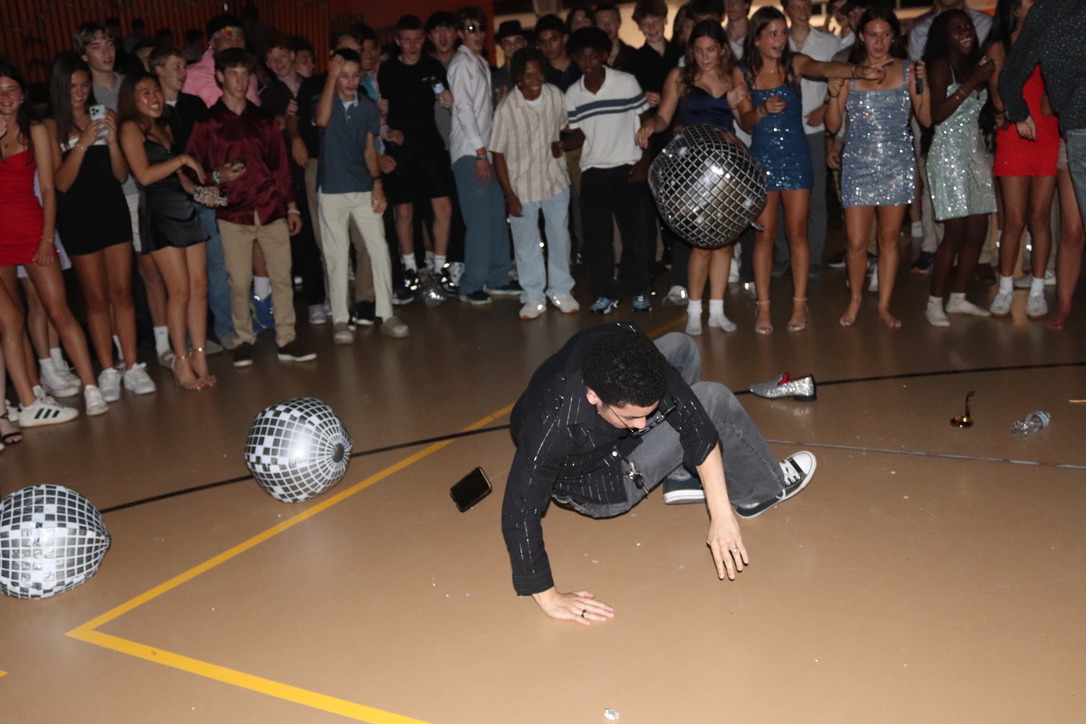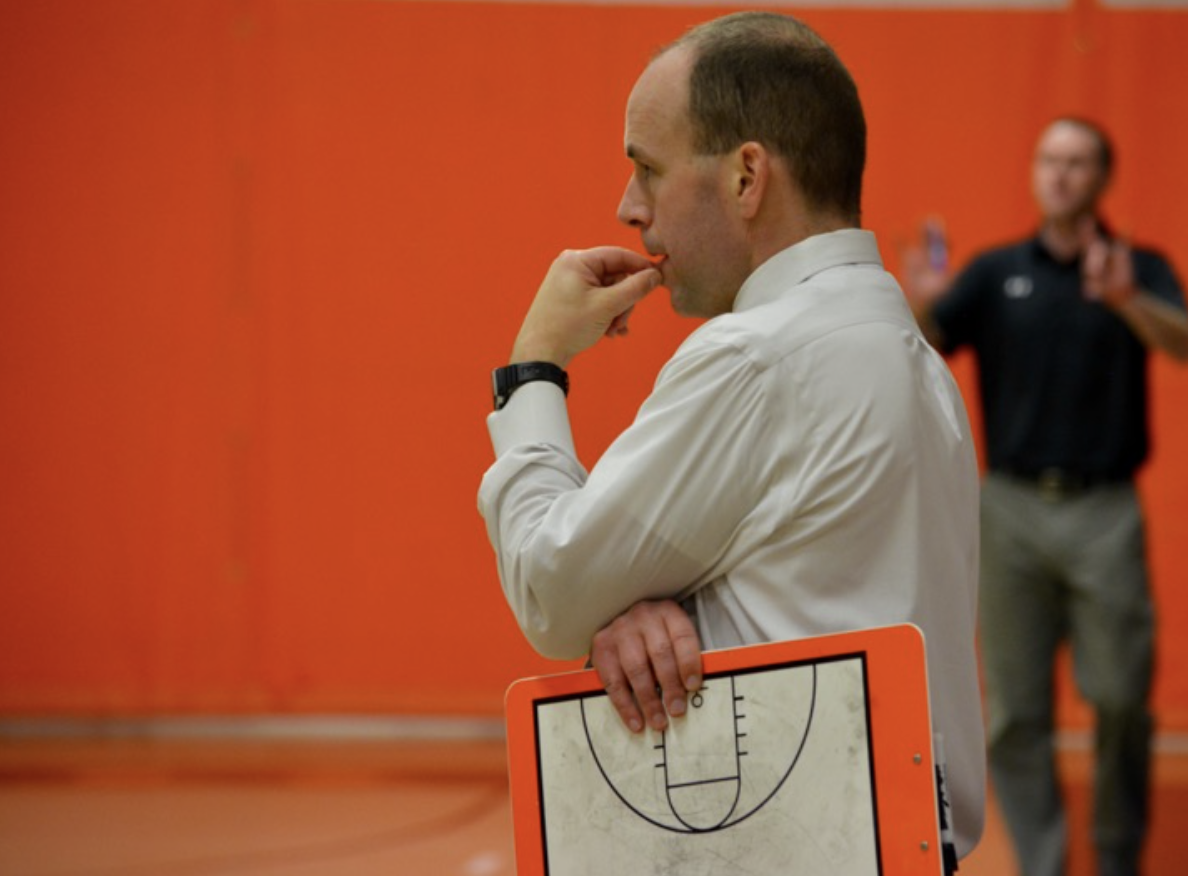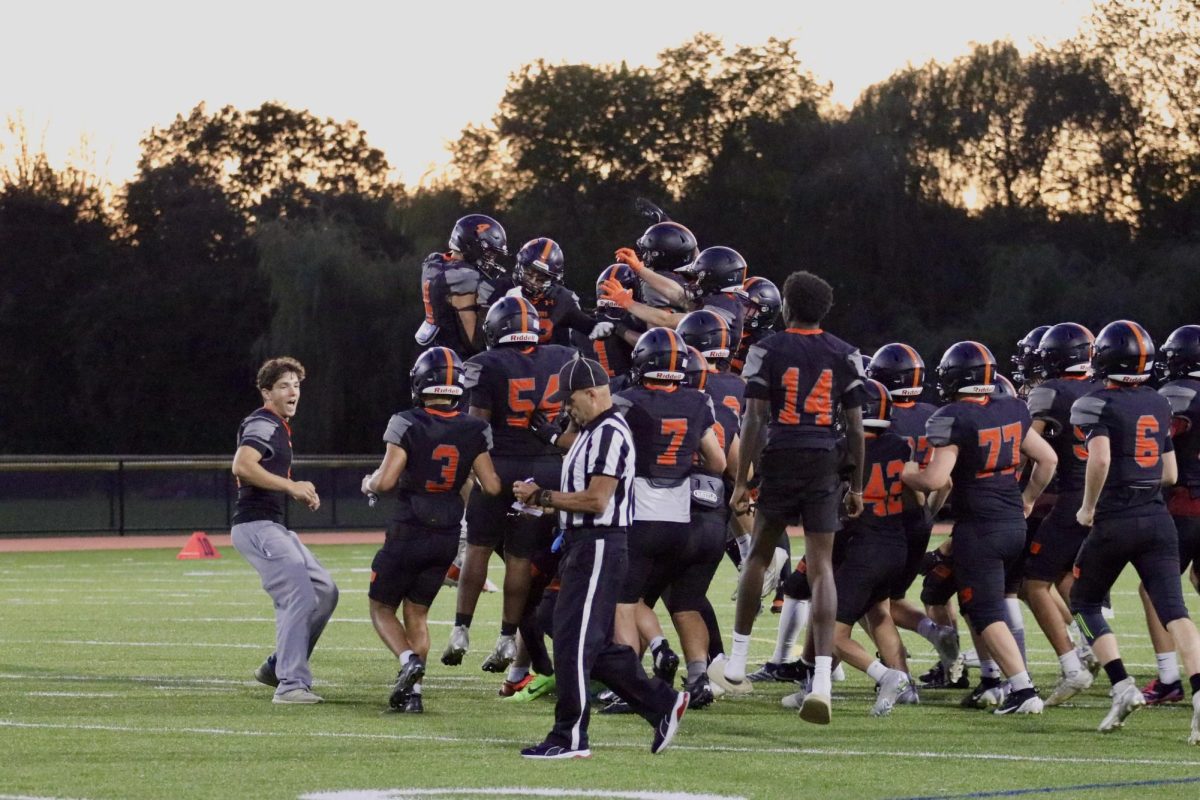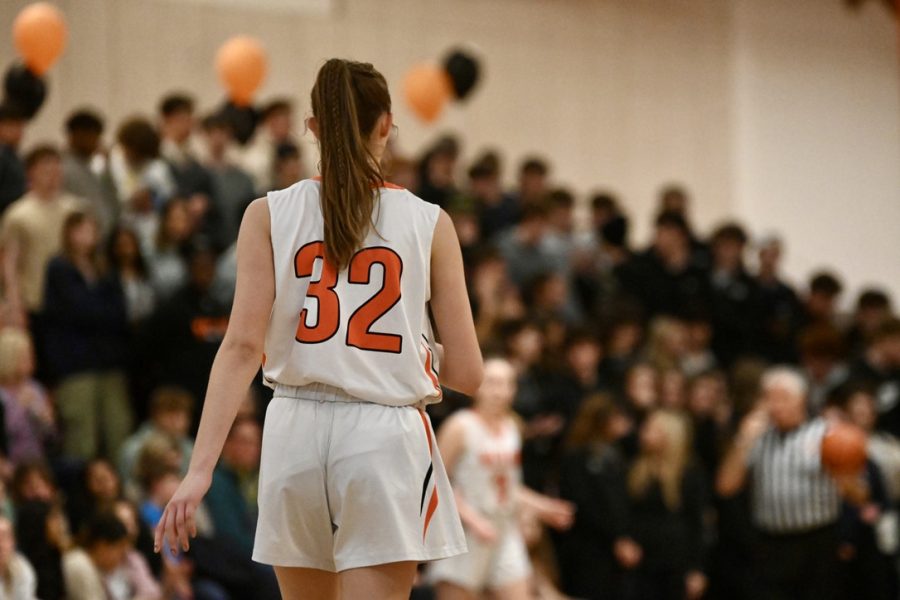Opinion: What they don’t tell you about being a winter athlete
Credit: WSPN Staff
WSPN’s Jenny Shine discusses her experience as a winter athlete and the struggles she endures.
March 15, 2023
Winter is a hard time of year for any high school student due to the lack of daylight and high academic demand. Luckily for most students, December and February break are a great way to catch up on sleep, travel and recover from the stress of school. However, for winter athletes, school vacations entail no travel, and students end up sacrificing their sleep for possible morning practices.
While I was at home in the cold and snowy climate of New England, many of my friends had the opportunity to travel to warm and tropical places such as Cancun or the Bahamas. Part of me envied them while I was stuck clearing snow off my car before basketball practice, but I wouldn’t trade my team or basketball for anything.
Since it seemed like the only people who were around for February break were my teammates, I got to spend a lot of amazing time with my team. Being with my team was something that made my vacation special in its own way and we were all able to bond over the fact that all of us were stuck in Wayland.
One of the biggest struggles of being a winter athlete is balancing academic rigor during the winter. Forget about losing a school vacation, just imagine coming back from a practice exhausted and then needing to finish three hours of schoolwork. Giving up a large portion of time is a commitment that all athletes must make, but it seems to me like this commitment is a huge obstacle for winter athletes, because our practice schedule doesn’t align with our academic schedule.
The lead-up to mid-year exams that take place towards the end of January is very overwhelming. Having to deal with the stress and time commitment that comes with midterms is already a lot to handle. Now, throw in practices and games after school that take away a large portion of time that you could be studying. It can feel as though there is never any time to rest, an endless cycle that makes it impossible to appreciate your sport and also balance schoolwork.
Second and third quarters at WHS are notorious for stress and workload. It doesn’t help that this is also the time for all winter sports, and it can feel like a constant battle between academics and extracurriculars.
Winter isn’t any easier when the last bit of daylight is spent indoors in the field house, where you have no sense of time because it’s an enclosed space. By the time practice gets out each day, the sun is long gone and the drive home from practice at 5:30 p.m. is in total darkness. This is an unwelcome surprise, because you think it’s still daytime, but it’s not.
My productivity is at its peak during the light hours of the day. Only having time for homework after the sun has set had a very negative effect on my effectiveness. I get home by 6:00 p.m., and the darkness outside makes it feel like it’s almost midnight. I’m tired from a long day at school and then doing drills at practice, so homework is the last thing on my mind. My brain wants to shut off, but instead it needs to solve math problems. This isn’t conducive to productive learning.
After I shower and eat dinner, I need to get all my homework done that’s not due for a couple of days because I may have an away game that occupies an entire afternoon. I constantly look into the future and plan around possible snow cancellations, games and practices. Part of this planning is beneficial since it is an important part of adulthood, but for a 16-year-old, all of it feels overwhelming.
It’s no secret that being a student-athlete is hard. However, these struggles are amplified for winter athletes. There is no warm weather to enjoy, no traveling for two school vacations and school continues to be demanding and relentless. At the end of the day, these struggles are worth it for the sport and team that I love so much.

![During the WHS club fair, senior Molly Bergeron is watching a student sign up for her club, Eliza J. Norton Foundation. In this club, students meet every week and come up with ideas to spread the message. "[This club] really touches a lot of people in the town," Bergeron said.](https://waylandstudentpress.com/wp-content/uploads/2025/10/IMG_1335-1200x800.jpg)


























